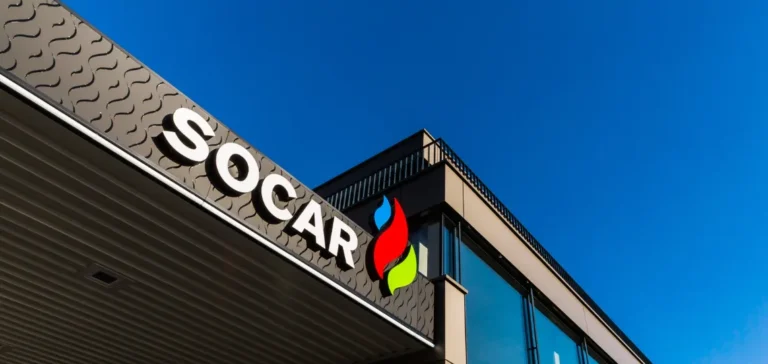A former official of the State Oil Company of the Republic of Azerbaijan (SOCAR), Adnan Ahmadzada, has been arrested and placed in pre-trial detention by the country’s judicial authorities. The court accuses him of large-scale embezzlement and undermining the state’s economic security, in a case that could have significant implications for the national energy sector.
Ahmadzada, 47, held several senior positions at SOCAR, including vice-president of investments and marketing and executive director of the trading subsidiary SOCAR Trading. No additional information has been released by the authorities regarding the amount or timeframe of the alleged offences. His defence team has yet to issue an official statement.
A tense backdrop in the oil sector
The arrest comes as Azerbaijan’s energy sector is under heightened scrutiny. In July, organic chloride contamination was discovered in Azeri crude oil shipments via the Baku-Tbilisi-Ceyhan (BTC) pipeline. The incident caused a temporary halt in loadings, which resumed only after several days, with no detailed assessment of the contamination publicly disclosed.
Kazakhstan resumed oil deliveries via the same pipeline on September 13, according to available information. This partial restart indicates an effort to stabilise flows, though concerns remain over the reliability of Azeri shipments, which are critical for European and Asian trading partners.
Implications for energy governance
SOCAR holds a strategic role in Azerbaijan’s economy, both as the national energy leader and as an international export operator through its subsidiaries. The case could renew focus on transparency within state-owned enterprises and oversight of foreign investments.
There has been no confirmation yet of suspended contracts or any internal investigation launched at SOCAR. The Ministry of Energy has not commented on the matter. The judicial proceedings will be closely monitored by markets and institutional players across the regional energy landscape.






















